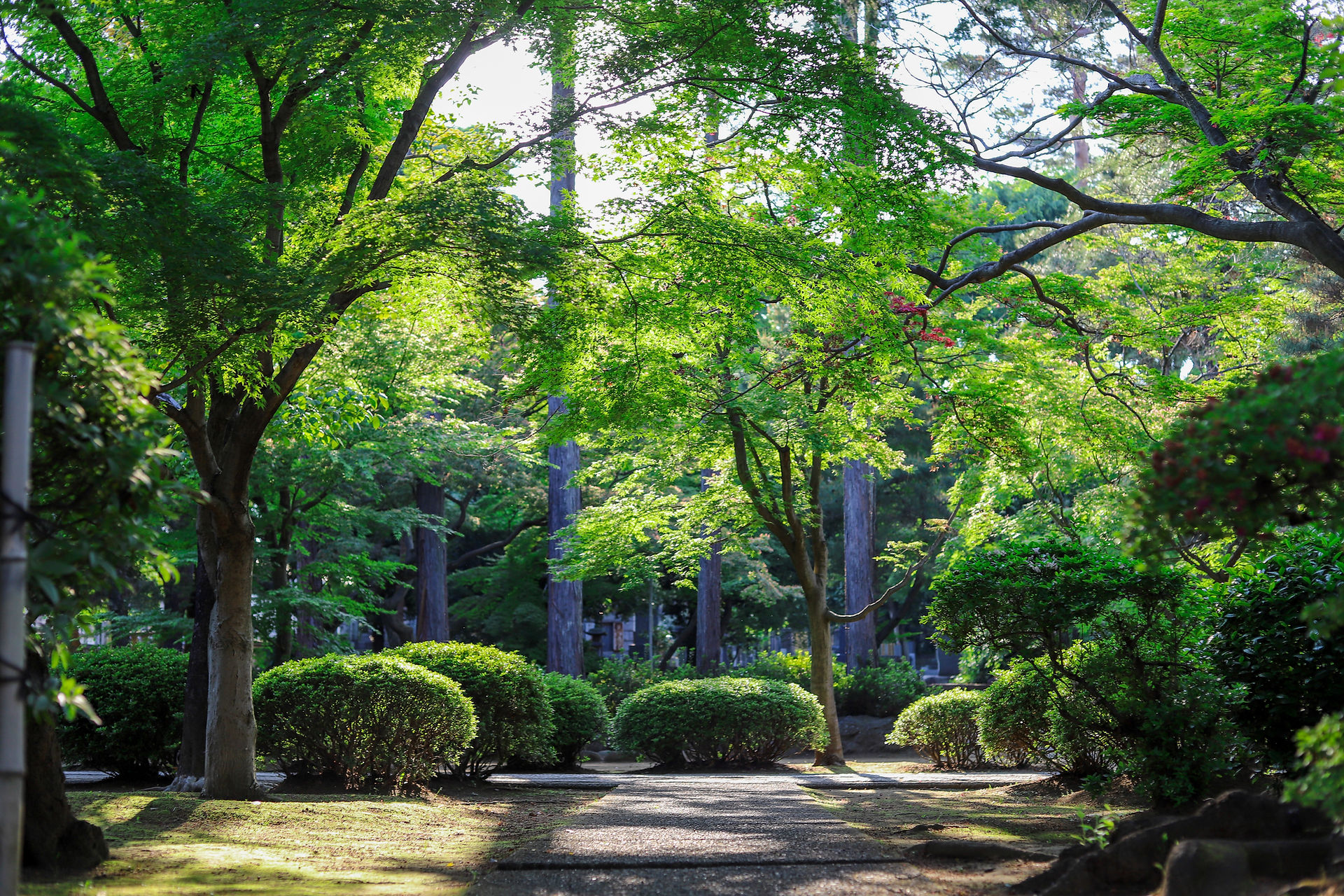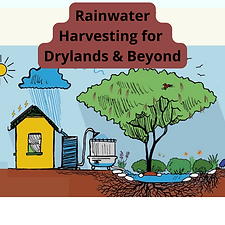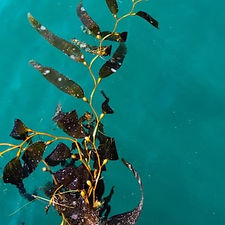top of page

Eco-Action Activity Links & Downloads
FREE Resource Database
GoGreenLocally & Non-Affiliated Resources
Search by Topic or Type
Search by Solution/Issue Category
Search by Type of Action Resource
Landscape & Nature Regeneration
Individual & Community Resources

Rainwater Harvesting for Drylands & Beyond
Introducing Brad Lancaster's Game-Changing Resources for Sustainable Water Harvesting!
Are you passionate about conserving water, reducing your environmental footprint, and creating a self-sustaining future? Look no further! We proudly present Brad Lancaster's exclusive collection of dryland rainwater harvesting resources and services, designed to revolutionize the way you think about water conservation and harvesting.
Brad Lancaster is a visionary advocate for rainwater harvesting in arid Tucson, Arizona. With a deep passion for sustainability, he has transformed communities' perception of water resources and has received numerous awards and accolades.
Growing up in Tucson, Brad witnessed water scarcity challenges. He went on to train in Permaculture and using his knowledge, along with experimentation became a rainwater harvesting expert. He believes rainwater is vital for revitalizing landscapes and building resilient communities. Brad's pioneering efforts have integrated simple and effective rainwater harvesting systems in urban and rural environments. As an author, educator, and consultant, Brad has shared his expertise globally, authoring influential books on sustainable water-harvesting systems. He collaborates with organizations and governments, implementing large-scale projects and inspiring others. His Oasis Rainwater Harvesting System in Tucson exemplifies innovative techniques and serves as a living laboratory. Brad promotes community-based water harvesting, fostering a connection between humans and the environment, and emphasizing harmonious living.
Photo by frame harirak in Unsplash
Solutions to Help Our Oceans
Green Enterprise Resource

Kelp Farming Manual A Guide to farming in New England Waters
Processes, Techniques, and Equipment
for Farming Kelp in New England Waters - "T he three year process of learning how to farm kelp in New England waters was a collaborative effort led by Ocean Approved, the University of Connecticut and the Bridgeport Regional Aquaculture Science and Technology Education Center. We thank the following organizations and individuals that generously supported this research"
Reduce Waste of Resources
Green Enterprise Resource

Creative Reuse How-to Crafts, Courses, and Kits
Carla Brown is a creative reuse artist with Trashmagination that has a helpful upcycling resource with instructions for 20 different projects using materials that often cannot be recycled easily. In addition, she has craft kits you can purchase of fun sun catchers butterflies from recycled milk jugs for your class or group. You can purchase the butterfly Sun Catcher kits for Blue Morpho, Tiger Swallowtails, and Monarch Butterfly projects along with a course on how to turn t-shirts into beautiful shag rugs and her own one-of-a-kind works of art. If you'd like to learn more about all types of creative reuse of materials, she also has a podcast that has explored artists using all types of materials across the world in all types of interesting ways. Look up Trashmagination wherever you enjoy listening to your podcasts.
Reduce Waste of Resources
Individual Action Resource

A Different Way: Living Simply in a Complex World
Website: "A Different Way: Living Simply in a Complex World: The concept of “living simply so that others may simply live” has been around for hundreds of years. People choose to live simply for many reasons and as our world changes, the motivations for and benefits of living a simple life also evolve. Today, we choose simple living as a way to make our own paths in life, paths that allow for investing our time in the things that matter most to us, making choices that create less waste and more good, using (or not using) technology intentionally, and critically examining the messages that tell us what to believe, what to value, and who to be. A Different Way: Living Simply in a Complex World connects our individual values and actions to the larger picture and helps us to find power to make real change in our lives, communities, and in the world at large.
Length: Six sessions
Course Book Format: Paperback or Ebook"
Reduce Waste of Resources
Collective Action Resource

Emergency Battery Co-LAB - Community Backup Power
Shareable: Every community needs a community backup power supply
A community backup power supply, also known as an emergency battery collective, is a community-organized mutual-aid group that provides backup batteries during power emergencies. This collective allows communities to efficiently manage and share energy resources in times of need. Power shut-offs have become common in various states due to factors such as wildfires, extreme weather emergencies, high energy demands, and resource balancing. Having a shared backup power source can help communities mitigate the impact of these events and ensure access to energy during critical situations.
This action resource is sponsored by Shareables, a great nonprofit helping individuals, groups, and organizations find people-powered solutions for the common good. https://www.shareable.net/
Indoor & Outdoor Air Pollution
Collective Action Resource

Action Toolkit for Idle Reduction Education and Outreach
From the US Department of Energy - IdleBox is an electronic education and outreach toolkit on vehicle idle reduction. The low-hanging fruit of fuel economy, idle reduction is a simple way to use less fuel and minimize engine wear, reducing costs along with pollution and greenhouse gas emissions.
Sustainable Gardening and Farming
Green Enterprise Resource

Quivira Coalition Rangeland Courses
The Quivira Coalition hosts a number of workshops throughout the year for land managers interested in improving or maintaining the health of the land they steward. These workshops usually consist of one to three days on working lands where participants are given the opportunity to learn by doing. Topics can include erosion control, biological monitoring, pasture management, soil health assessment, plant identification, native seed harvesting and more!
bottom of page






